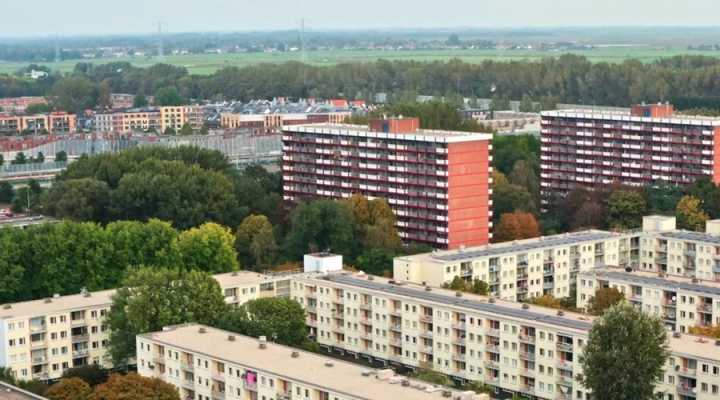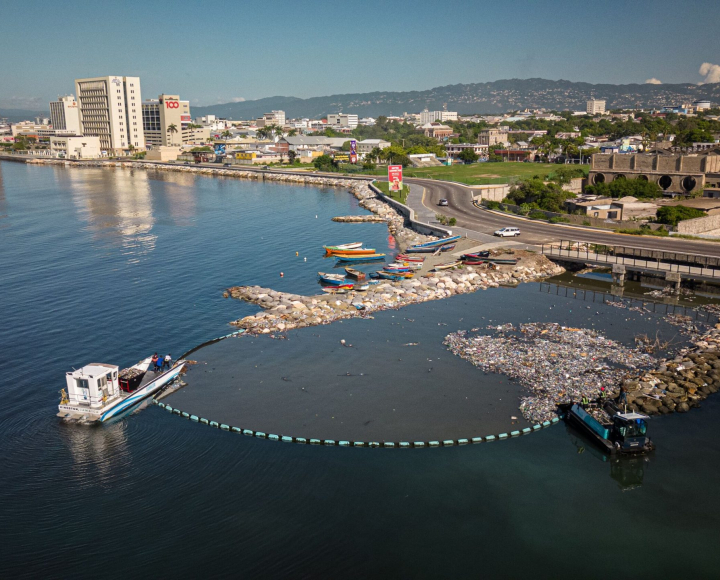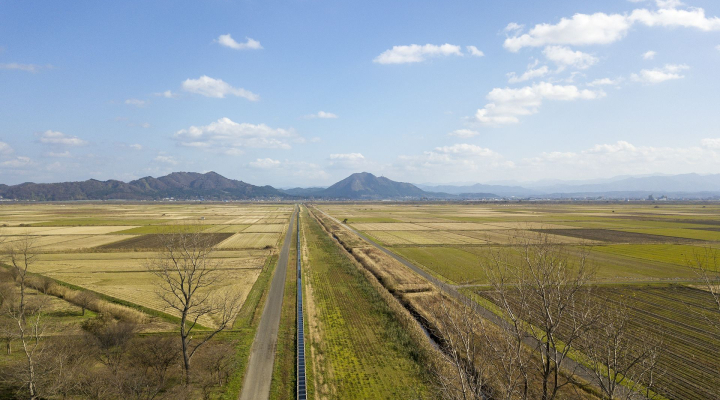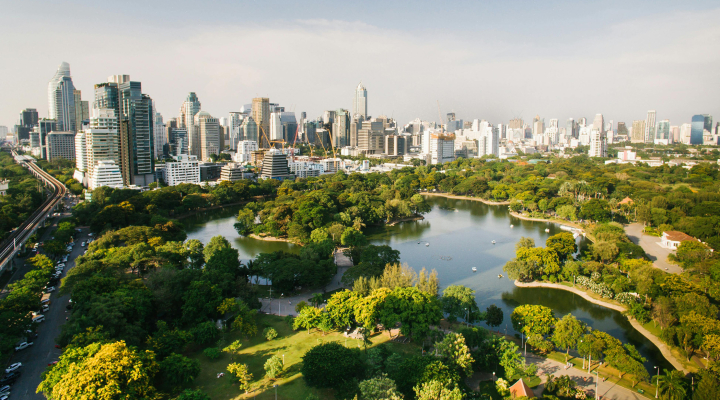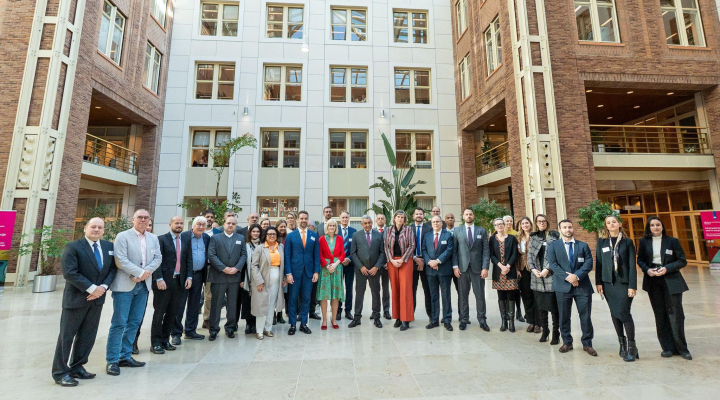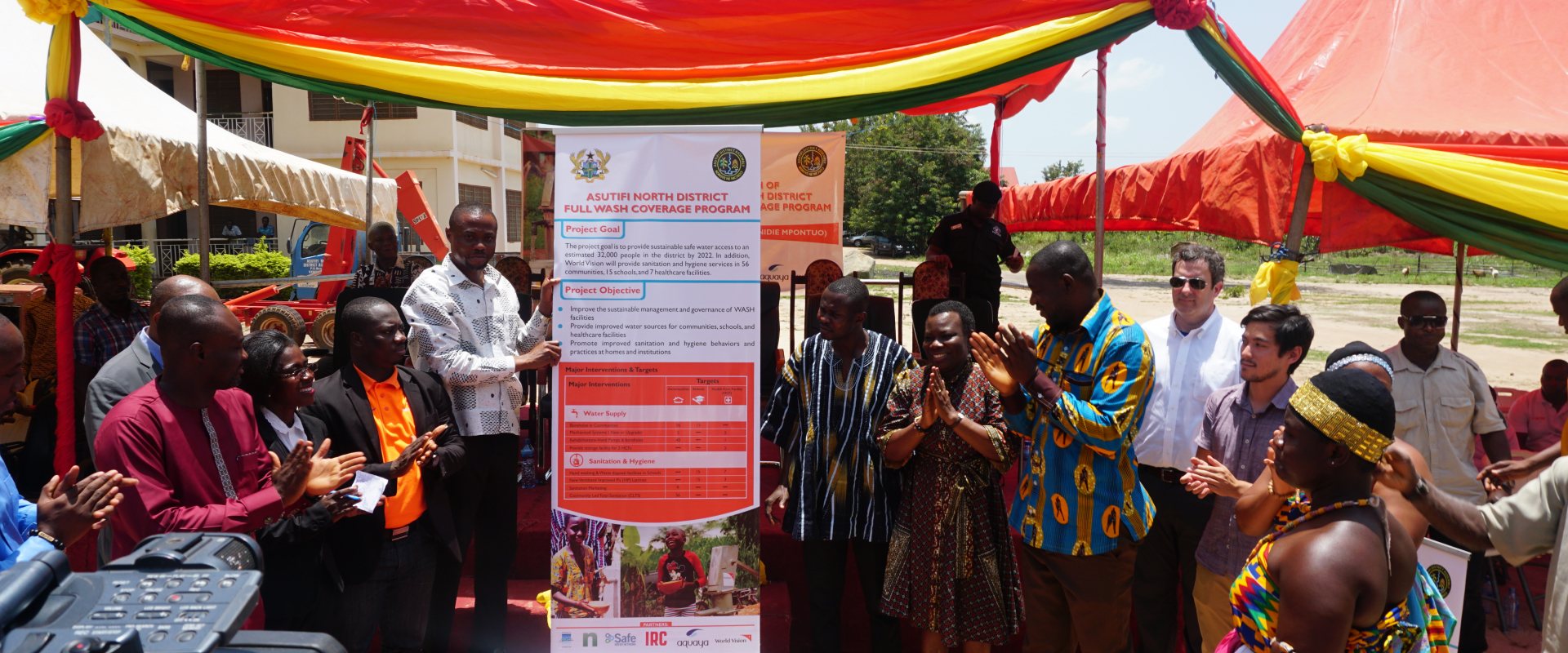
Grant for local NGOs to support WASH master plan in Ghana
Asutifi North District Assembly in collaboration with its partners have prepared a 13-year Water, Sanitation and Hygiene (WASH) Master Plan.
A grant enables local civil society organisations to support the plan and get involved in allied action with the authorities.
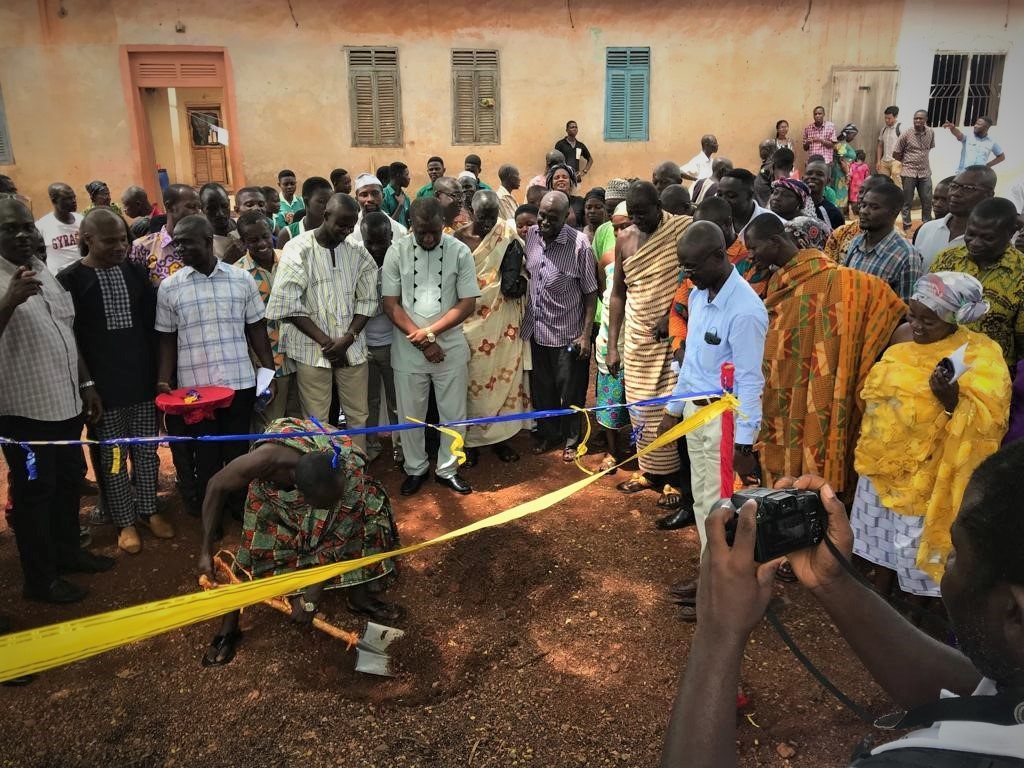

Strong civil society
The WASH master plan of Ghana’s second level administration is an initiative that seeks to promote universal access to safe water, basic sanitation, and hygiene services to about 84,420 people by the year 2030. In order to assure the improvement of the WASH service delivery and sustainable use of the water resources in the district, the plan builds on a strong involvement by the local society.
For organisations to participate the Asutifi North District Ahonedia Mpumtuo (ANAM) Small Grant has been made available.
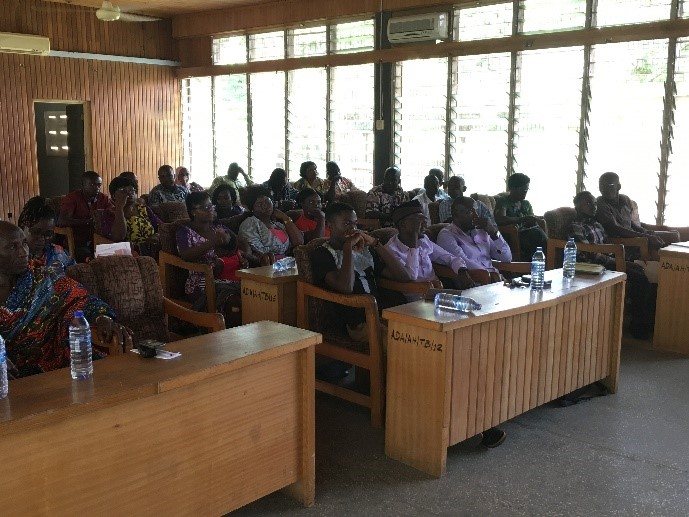

Special initiatives
Through this grant, NGOs are invited to develop initiatives in the areas of:
- sustaining behaviour changes in hand hygiene beyond COVID-19;
- improving access to WASH services for vulnerable and excluded populations including people with disabilities;
- reduce inequalities in the allocation of resources for WASH services;
- improved Water, Sanitation and Hygiene (WASH) services and sustainable Water Resources Management (WRM);
- improving gender equity and social inclusion in WASH.
The total grant sum is 50,000 Ghana Cedis (7,000 euro). Funds for the grant are provided by the Conrad N. Hilton Foundation and made available through IRC Ghana.
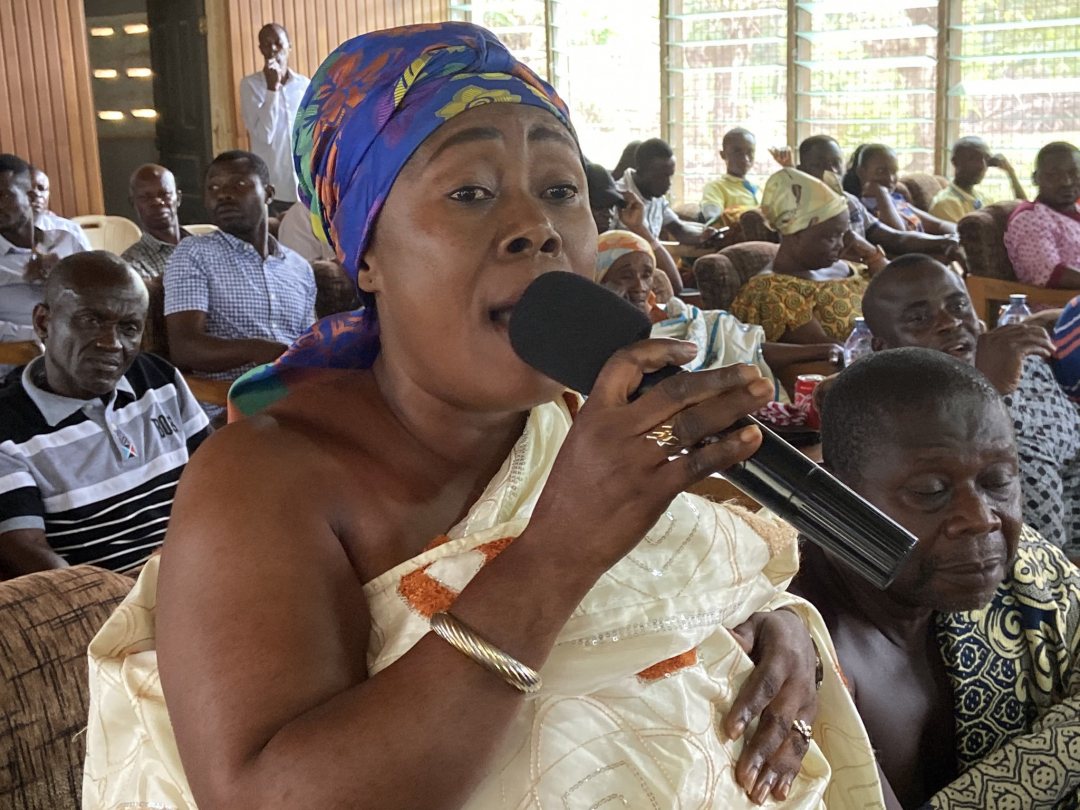

Pioneering district
Asutifi North was chosen out of 250 districts in Ghana to pioneer a district wide approach designed WASH system with full coverage. The District Assembly has the lead and partners combine efforts to build maximum coordination.
One of the supporting partners is IRC Ghana that looked especially at the strengths and weaknesses of the water supply and sanitation as a system. The idea is that with a strong WASH system supply, a pump may break but this doesn't completely stop the supply. IRC supports community leaders to build a strong and resilient system that includes governance, financing and maintenance to ensure water from a tap, a safe place to defecate and facilities for hand washing and bathing.




